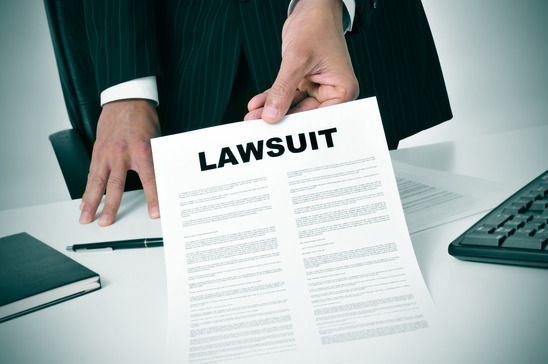
Walgreens, the nation’s second-largest drugstore chain, has filed a $140 million lawsuit against Theranos, the once high-flying blood testing company that had partnered with the drug chain by installing Theranos’ blood testing equipment in “wellness centers” in 41 Walgreens locations in Arizona and California. Walgreens terminated its agreement with Theranos in June, 2016. Walgreens declined to reveal the specifics of the lawsuit because of a confidentiality clause in its original agreement with Theranos.
Theranos was founded in 2003 by its current CEO Elizabeth Holmes to develop blood testing technology that could run most currently-recognized blood tests quicker and by using only drops of blood from finger-sticks rather than from samples that needed to be analyzed in large laboratories using blood samples drawn from veins.
Theranos officials have vowed to fight the lawsuit and accused Walgreens of breaching its 2013 contract with Theranos and causing damage to Theranos and the company’s investors. The Walgreens lawsuit is but the latest in a series of setbacks that have seen the accuracy of Theranos’ proprietary blood testing technologies called into question, its testing contracts canceled, and sanctions placed on its founder and CEO Elizabeth Holmes that prohibit her from owning or operating a clinical laboratory for two years.
As recently as two years ago Palo Alto, California headquartered Theranos was considered to be one of the rising stars in the medical testing industry with its revolutionary blood sampling and testing technologies that could deliver accurate results on tests that were run in locations as varied as front line combat medical aid stations to remote clinics in underdeveloped nations.
The company’s troubles began in 2012 when the Food and Drug Administration investigated a complaint from the Department of Defense concerning the accuracy of the technology in actual and simulated testing environments. The conclusions of the investigation led them to withdraw its field testing units from further testing.
A series of reports published in the Wall Street Journal beginning in October, 2015 claimed that Theranos was using conventional technology to run blood tests and that those results were being attributed to the company’s “Edison” technology because its own technology was delivering inconsistent results. Walgreens suspended its testing agreement with Theranos, which blamed the Journal reports as being the product of disgruntled employees.
In January, 2016 the Centers for Medicare and Medicaid Services (CMS) announced that Theranos’ lab facility in Newark, California had failed an October, 2015 inspection and that the lab’s certification would be revoked because it presented a danger to patients due to problems with its testing technology related to determining the proper dosage of the blood thinner warfarin. This was followed by an announcement from Theranos in May, 2016 that it was revising the previous two years of results from its Atlas technology due to quality control issues.
Theranos is also reported to be under investigation by the Securities and Exchange Commission for concerns that it may have deliberately misled government regulators and its investors regarding its technology and its clinical reliability.
Theranos is, of course, crying foul. But the lesson to be learned is the same one that should have been learned long ago: “If it sounds too good to be true, it almost invariably is. Particularly if it involves a start-up.”
Learn more about Drug Lawsuits.
